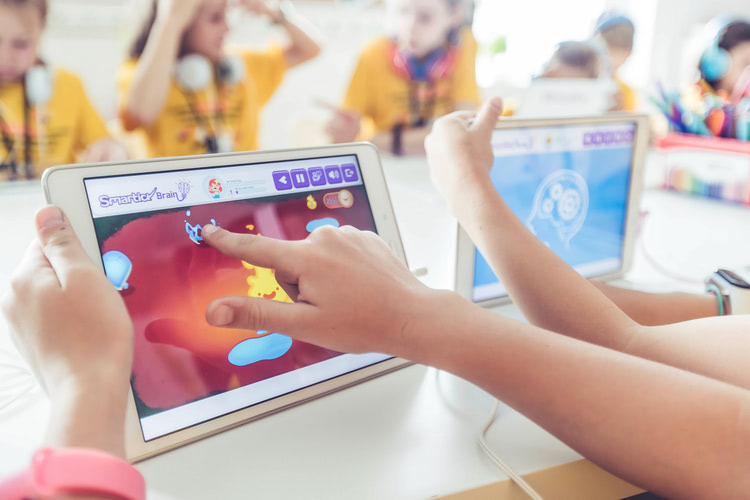Children’s dream jobs revealed

Research by maths platform, @Smartick, looks at children’s aspirations for the future
MORE than a third of children (36%) have revealed that they would like to be a computer games designer when they grow up. This was closely followed by becoming an astronaut (31%), a doctor (24%) and a pilot (24%).
The new research by Smartick shows that when it comes to children’s futures, maths is important to them. Not only are their dream jobs heavily reliant on the subject, but when asked which topic they would most like to be a genius in maths came out on top.
More than a third (35%) of children aged four to 14 said they would most like to be a genius in maths, while 22% opted for science, 12% chose English and 13% chose PE. Less than one in 10 (8%) chose history and even fewer opted for geography (4%).
Yet, despite maths being the most popular subject to be a genius in, more than a third (35%) of kids said it is the topic they find hardest at school – with boys finding it more difficult than girls (38% vs 31% respectively).
The study of 1,003 children aged between four and 14 and their parents[1], was commissioned by Smartick, an innovative maths program that enables children to brush up on their skills with bespoke online training with just 15 minutes of learning a day.
Javier Arroyo, Co-founder of Smartick, said: “It is really interesting to see how children view maths. While many of them find it difficult they are not letting this deter them and they would like to become a genius in the subject and perhaps even use it in their careers in later life.
“Through Smartick we want to help children to develop a great relationship with all the aspects of maths that form the subject, whether it be problem solving, critical thinking, reasoning skills or helping to build on logic. The great thing about the platform is that it can identify weaker areas to help children develop and set them on the path to conquering the subject.”
The Smartick method is so special as no two people will have the same learning sessions. That’s because it uses a complex AI system to create a unique learning programme for each individual based on their academic level in real time. What makes it even more appealing to children is that they are rewarded with ticks and stars which they can then spend in a virtual world which is unlocked to them following their 15 minute session.
Javier added: “We developed the program by working with education experts from around the world. Smartick helps kids solidify their maths foundation by identifying learning gaps and areas that need improvement. Only when they have mastered the focus area are they able to move on to the next step of learning.”
[1] Research carried out by Opinion Matters











Responses